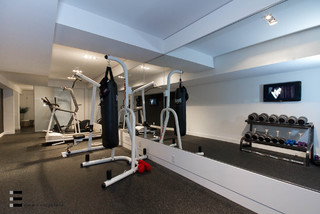Hardwood Windows – Should I Replace My Double Glazed Windows?
 The purpose of this document is to inform and guide customers who are considering upgrading hardwood windows to better insulated and more efficient double glazed windows. Part of the quest is knowing UK Building Regulations and Document L information, as well as information about what to ask companies and suppliers, so that you get the best deal.
The purpose of this document is to inform and guide customers who are considering upgrading hardwood windows to better insulated and more efficient double glazed windows. Part of the quest is knowing UK Building Regulations and Document L information, as well as information about what to ask companies and suppliers, so that you get the best deal.
There is a difference of opinion concerning “internal glazing” versus “external glazing” as to which is more secure, and more energy-efficient. Some say internal glazing is less secure and external glazing is less efficient. But according to experts while there is evidence of truth to both arguments, there is virtually no difference between the two. We suggest you make your choice based on the professionalism of the company and your confidence in their reliability.
However, in many cases finding the right company to replace your hardwood windows with double glazed windows can be difficult and confusing. While we cannot tell you which company to use, we can give you some guidelines in choosing the one that’s best for you.
One thing you need to consider if you have sash box windows, should you remove the entire frame, or put your new windows in over the exiting frame. The bottom line is that it will look and work best if you replace the entire frame, but it will cost more. Installing new windows within the existing frame will cost less, but it will generally not be as efficient. So either way will give the desired result, but one is more efficient and the other costs less.
Another consideration is whether to use laminated glass or toughened glass. Both of these are called “safety” glass because they both have built-in features to keep them from shattering. Toughened glass is hard to break, but even if it were broken, it breaks into small sections that does not present the danger of regular glass. Laminated glass is thicker, and therefore harder to break, and will crack instead of shatter. Laminated glass is more expensive than toughened glass, but certainly a good alternative if preferred.
The British Standard “BS 6262: Part 4: 1994 Code of Practice for Glazing for Buildings”, requires that new structures in critical locations must use “safety glass.” However, by definition “new structures” includes new buildings and replacement windows. Safety glass must be used whether it’s a new build or replacement. But once again, both toughened glass and laminated glass are both considered “safety glass.” So the choice is still yours.
Lastly, the question of using PVCu versus aluminium for replacement windows is always a concern. But, PVCu offers good insulation and low maintenance. And it is usually the less expensive way to go. PVCu is available in wood grain finish so it looks good. It’s only disadvantages are its low structural integrity and direct sunlight susceptibility. But these are being overcome by new technology and reinforcement measures.
Aluminium, on the other hand, offers such advantages as being virtually maintenance free, with strong structural sections. But aluminium’s main disadvantage is its poor insulation. It also costs more than PVCu.
